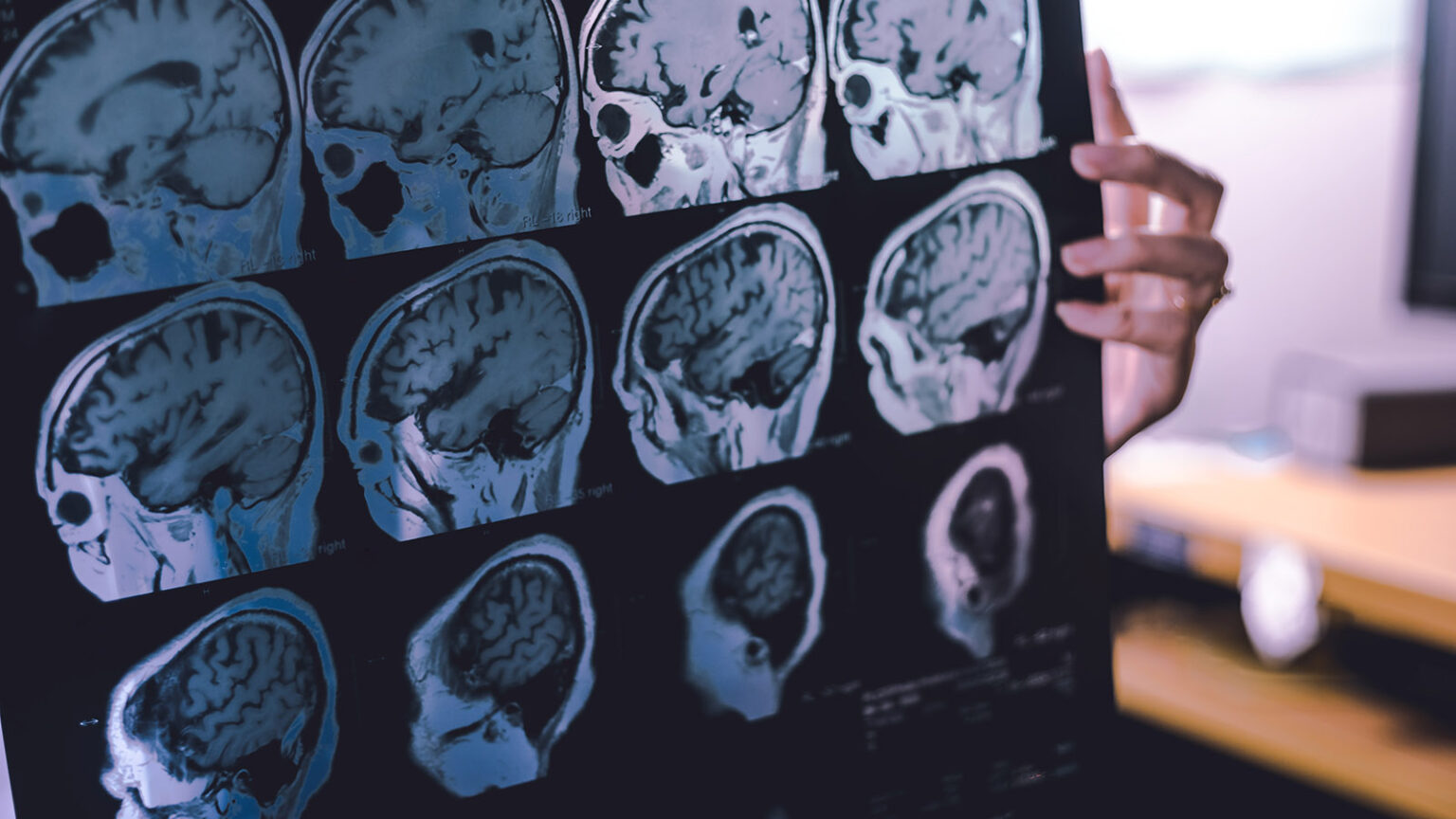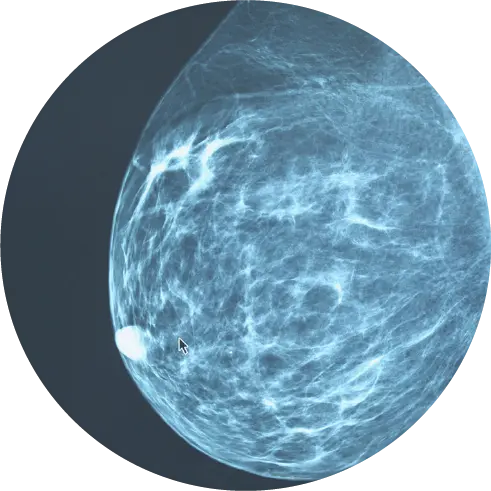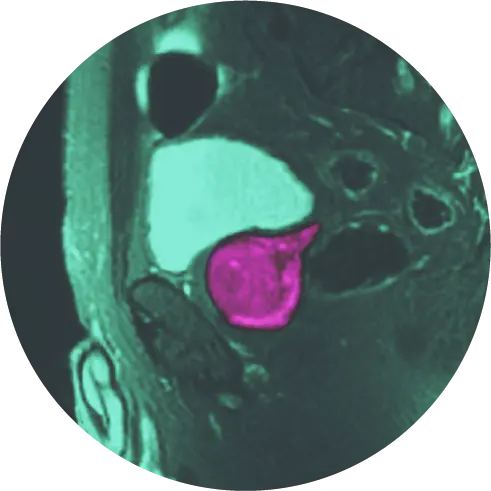HALO Precision Diagnostics™, a leader in early disease detection, is committed to providing patients with affordable and accessible healthcare solutions. By offering comprehensive early disease detection for neuro health, HALO is able to identify patients for the latest treatment options and improve patient outcomes.
On Thursday Feb. 16th, Bruce Willis’ family announced that the iconic action movie star had received a diagnosis of special type of dementia called frontotemporal dementia (FTD). Willis had previously been diagnosed with aphasia, a language disorder that affects a person’s ability to communicate. FTD shrinks the frontal and temporal lobes in the brain, has no known cure, and will likely have an immense impact on his career in Hollywood moving forward.1 As news of this devastating diagnosis continues to spread, many are left wondering what will happen next for the beloved actor, who is considered one of the most successful stars in cinematic history.
Frontotemporal dementia (FTD) is a rare neurodegenerative disease that affects the frontal and temporal lobes of the brain. It tends to occur at a younger age than other forms of dementia and can cause changes in behavior, personality, language, movement and memory. Symptoms of FTD may include difficulty speaking or understanding words, difficulty making decisions, social withdrawal and depression. This condition typically progresses over time and as it worsens, patients often need more help with daily activities like eating and bathing which can put additional strain on families who care for them. Currently, there are medications available to manage symptoms of the disease such as antidepressants.2
“Unfortunately, challenges with communication are just one symptom of the disease Bruce faces,” said Willis in a statement released by his family. “While this is painful, it is a relief to finally have a clear diagnosis.”
Diagnosing FTD can take a long time and requires multiple tests and specialists like the neuroradiologists at HALO Precision Diagnostics. At HALO-powered imaging centers, patients can receive brain imaging such as MRI, CT-PET, and FDG-PET to rule out non-FTD causes like Alzheimer’s disease. Since dementia is often caused by Alzheimer’s disease (60-80%), and FTD is rare, neurologists will work with our experienced neuroradiologists to first test for other diseases using brain imaging to help rule out those causes.3
Bruce Willis’ dementia diagnosis is a crucial reminder of the devastating impact neurological disorders can have on individuals and their families. Despite this difficult news, Bruce’s family stated that if he could, he would “want to respond by bringing global attention and connectedness with those who are also dealing with this debilitating disease and how it impacts so many individuals and their families.” The Willis family concluded their latest statement by saying, “Ours is just one family with a loved one who suffers from FTD, and we encourage others facing it to seek out the wealth of information and support available through AFTD (@theaftd, theaftd.org).”
No one should have to face dementia alone, and it is up to us as a society to come together in support of those who are struggling with this disease. Early detection is key for FTD so if you or someone you know may be exhibiting signs of dementia, please reach out to your doctor right away.
HALO is Here to Help
If you or a loved one suspects that they might have FTD or another type of dementia, you may benefit from advanced brain imaging at HALO Precision Diagnostics. HALO offers the most-advanced brain imaging options in MRI and PET-CT that are uniquely combined with additional precision diagnostic assessments such as polygenic risk score, hereditary gene panel, blood, cerebrospinal fluid, and neuro-cognitive testing. Learn more about advanced brain imaging and precision diagnostics by reaching out to our team of HALO neuro experts today!




